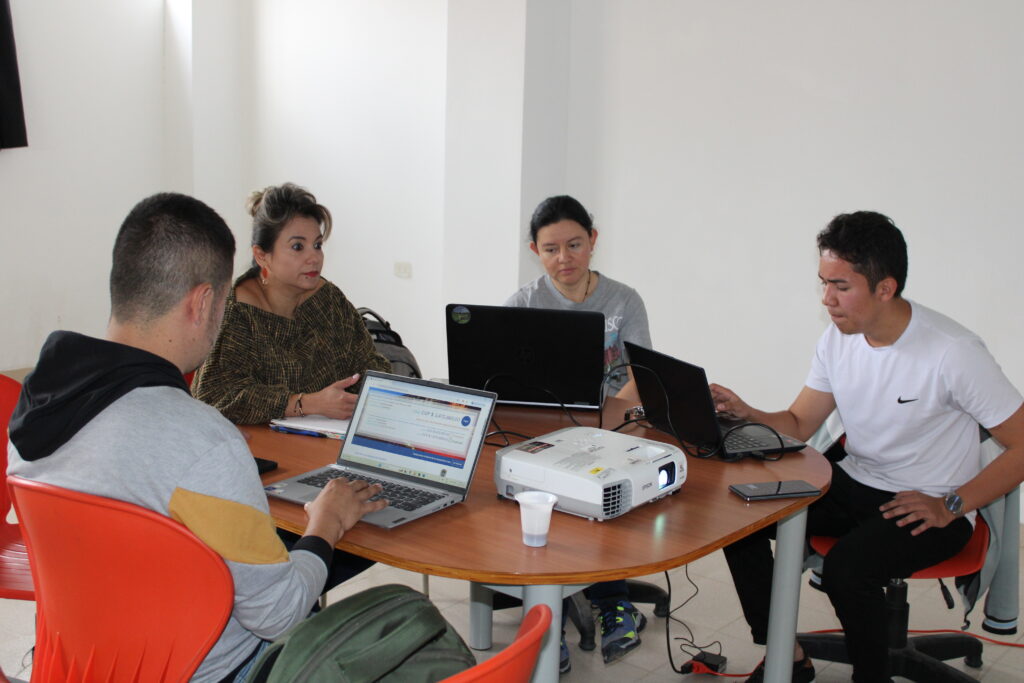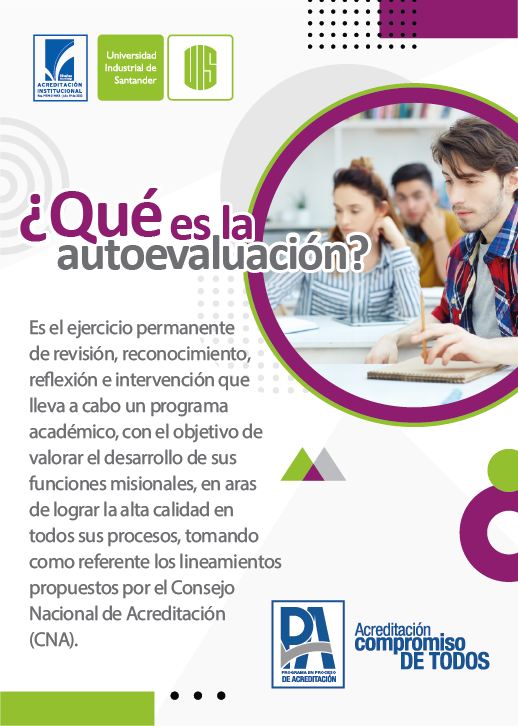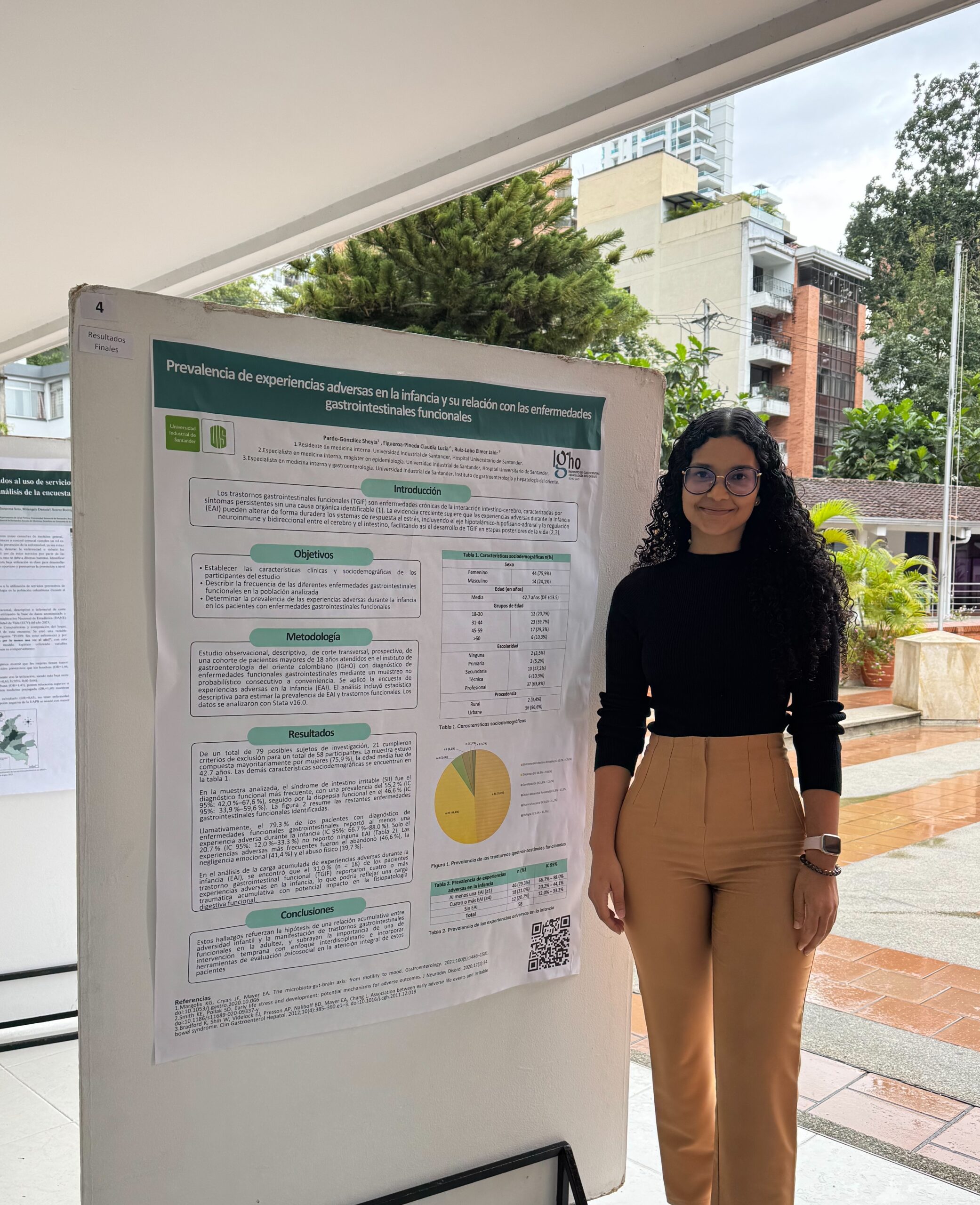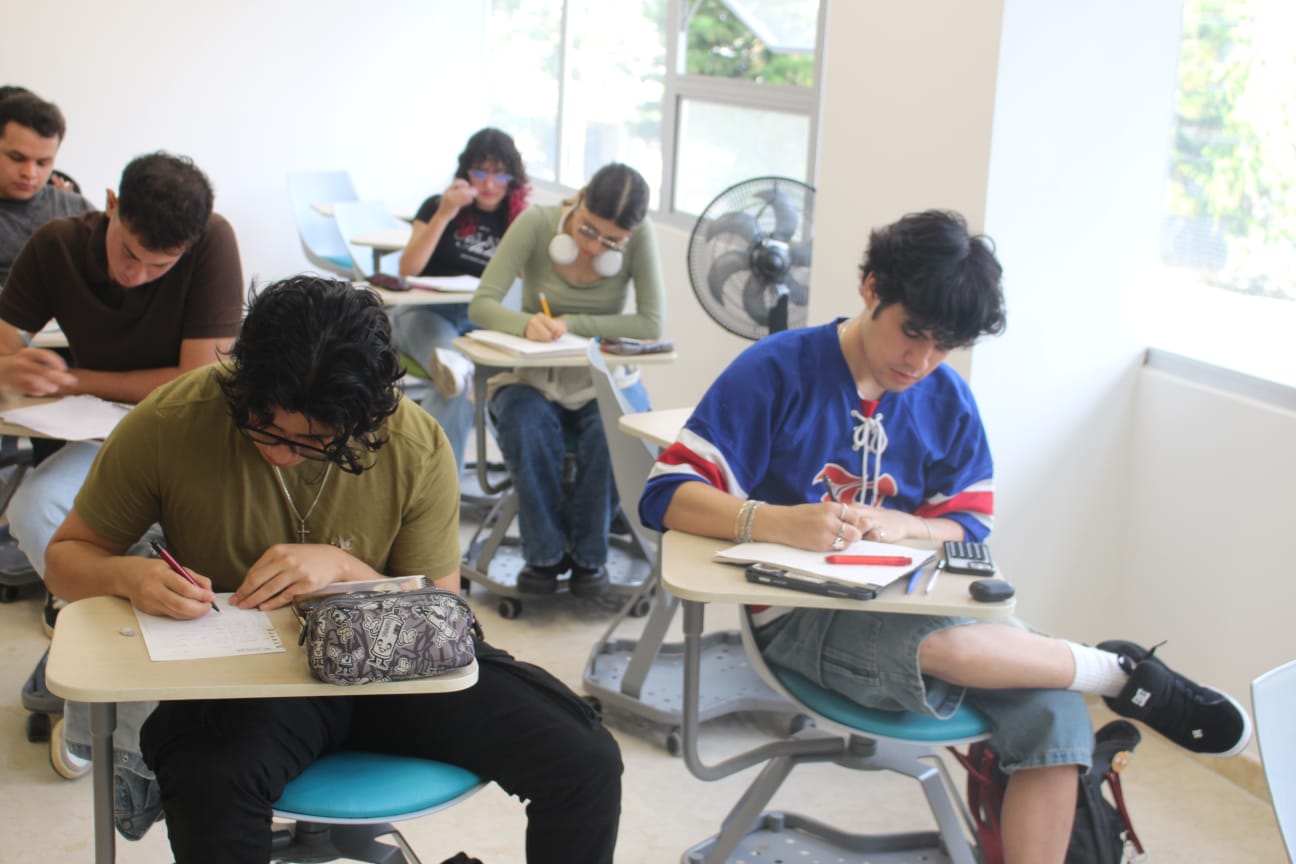
The Universidad Industrial de Santander – Malaga Campus began the process of self-evaluation for accreditation purposes for the academic programs of Forestry Engineering and Animal Husbandry.
This process, which will be developed until next December, covers several stages and actively involves the entire academic community. Students, teachers, administrators, managers, graduates and employers will participate in the methodologies designed for this purpose.
Through workshops, focus groups, surveys and document analysis, the different stakeholders will be able to contribute their observations and perspectives on the programs, with the aim of meeting the high quality standards required by the National Accreditation Council (CNA).
According to Deicy Dalila Delgado Díaz, Coordinator of the UIS Malaga Campus, participation in the self-evaluation process is essential to identify strengths and opportunities for improvement, ensuring that the Forestry and Animal Husbandry Engineering programs are oriented under high quality standards, consistent with the institutional purposes and national guidelines.
For her part, Adriana Gutiérrez, a graduate zootechnician from the UIS Malaga Campus and support professional of the Academic Vice-Rectory in the framework of the self-evaluation process, highlights the importance of these processes that lead to improve the quality of the academic programs.

“It is gratifying to contribute from my experience as a graduate in this process. During my time as a student, I had the opportunity to participate, and now, seeing the changes in the program, I can confirm that these processes really work and contribute to improving educational quality for future generations.”
Diego Carrillo, a forestry engineer graduated from the UIS Malaga Campus and also a support professional of the Academic Vice-Rectory in the Self-evaluation process, highlights the progress that has been made in the forestry engineering career in recent years at the University.
“I am proud to see the improvements reflected in the educational project of the program and in the curriculum. Active participation in the self-evaluation is key, as it will allow us to strengthen the aspects to be improved and consolidate the quality of the program,” said Diego Carrillo.
As part of this process, this week the self-evaluation nodes of the Zootechnical and Forestry Engineering programs were formed, integrated by the leaders of the process. These teams will hold periodic meetings to follow up on each stage and ensure compliance with the proposed objectives.





